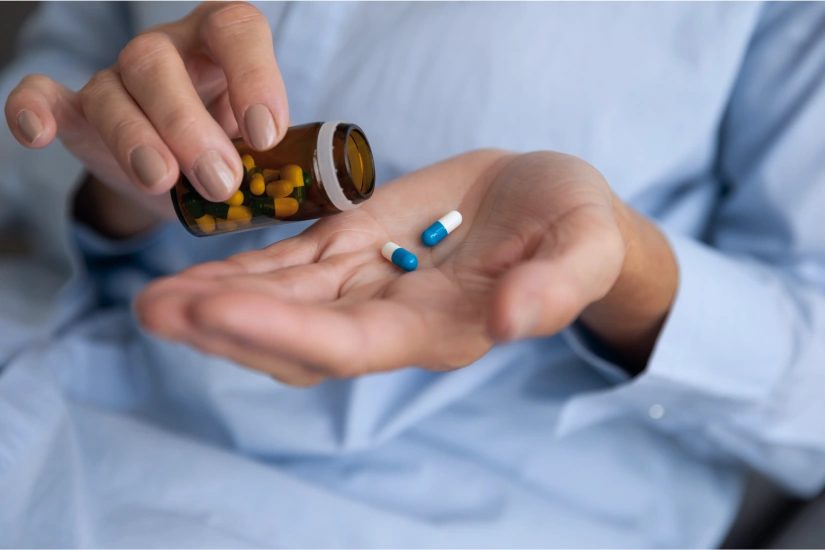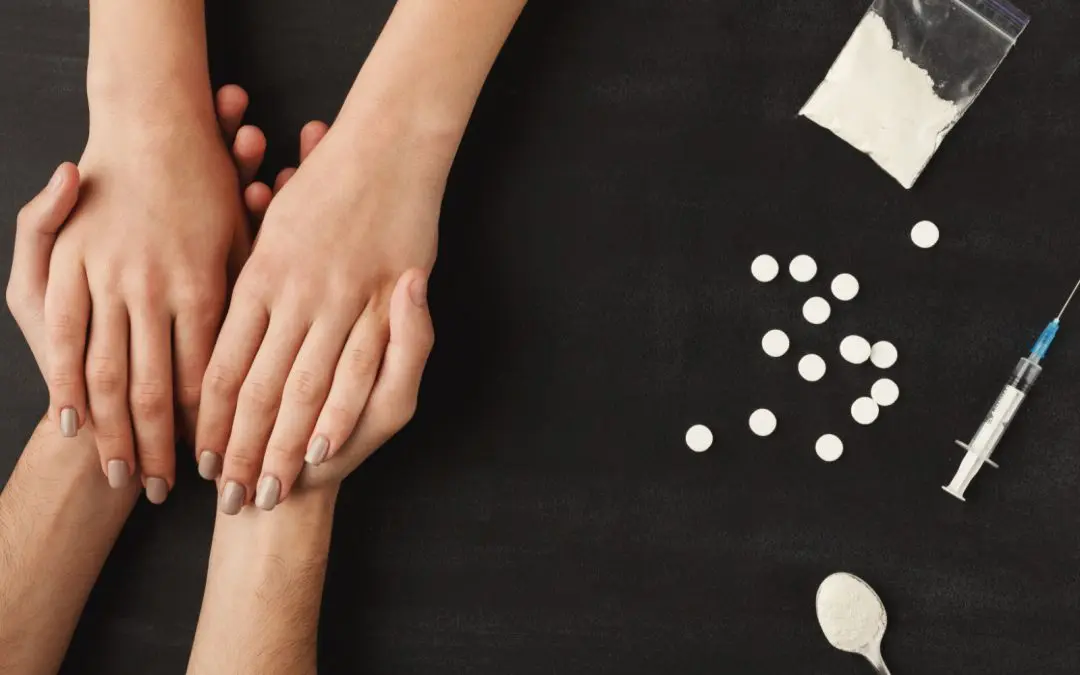24/7 Helpline:
(866) 899-111424/7 Helpline:
(866) 899-1114
Learn more about PTSD Treatment centers in Caledonia
PTSD Treatment in Other Cities

Other Insurance Options

Evernorth

GEHA

Absolute Total Care

Humana
Beacon

PHCS Network

Ambetter

Providence

MHNNet Behavioral Health

MVP Healthcare

Coventry Health Care

UMR

Meritain

Group Health Incorporated

Molina Healthcare

Magellan Health

Anthem

BlueCross

Aetna

Health Net






















